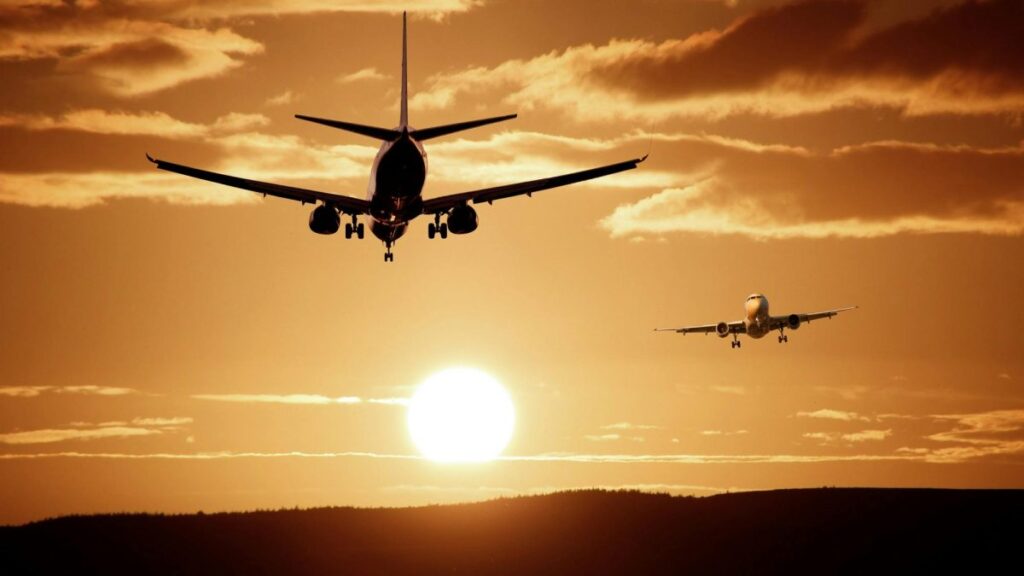More than 2,500 flights were canceled across the United States over the weekend as the Federal Aviation Administration (FAA) ordered airlines to reduce air traffic due to the ongoing government shutdown. The cancellations, which began escalating on Friday, have already caused significant disruptions at major airports and are expected to worsen in the coming days.
By Saturday evening, cancellations had surged past 1,500 flights, with airlines projecting another 1,000-plus cancellations for Sunday. The most affected airports included Atlanta, Chicago, Charlotte, and Newark, while several East Coast airports such as those around New York City also reported extensive delays. The FAA initially reduced air traffic by 4% at 40 major airports, with plans to increase the cut to 10% by the end of the week if the shutdown persists.
Transportation officials have warned that the disruptions could deepen further as staffing shortages in radar centers and control towers continue to strain operations. Air traffic controllers, who have been working without pay for nearly a month, are calling in sick at increasing rates. Many are struggling financially, taking on second jobs, or facing exhaustion from mandatory six-day workweeks. The National Air Traffic Controllers Association has urged Congress to end the shutdown, warning of growing safety risks and system fatigue.
While most passengers managed to rebook flights over the weekend, uncertainty looms as more cancellations are expected throughout the week. The situation has also driven a spike in one-way rental car bookings as travelers seek alternative routes home. Others, like families and tourists, are canceling travel plans altogether due to fears of being stranded or delayed.
The ripple effects extend beyond air travel. Nearly half of U.S. air freight is shipped in the cargo holds of passenger jets, meaning continued flight disruptions could drive up shipping costs and, consequently, consumer prices. Tourism-dependent destinations also face losses as fewer travelers take to the skies.
Economists warn that the shutdown’s cascading impact could touch nearly every sector—from hospitality and manufacturing to retail and logistics—if the deadlock continues. As uncertainty grows and travelers brace for further cancellations, the shutdown’s economic toll appears set to intensify, affecting millions of Americans and disrupting the nation’s transportation network.

